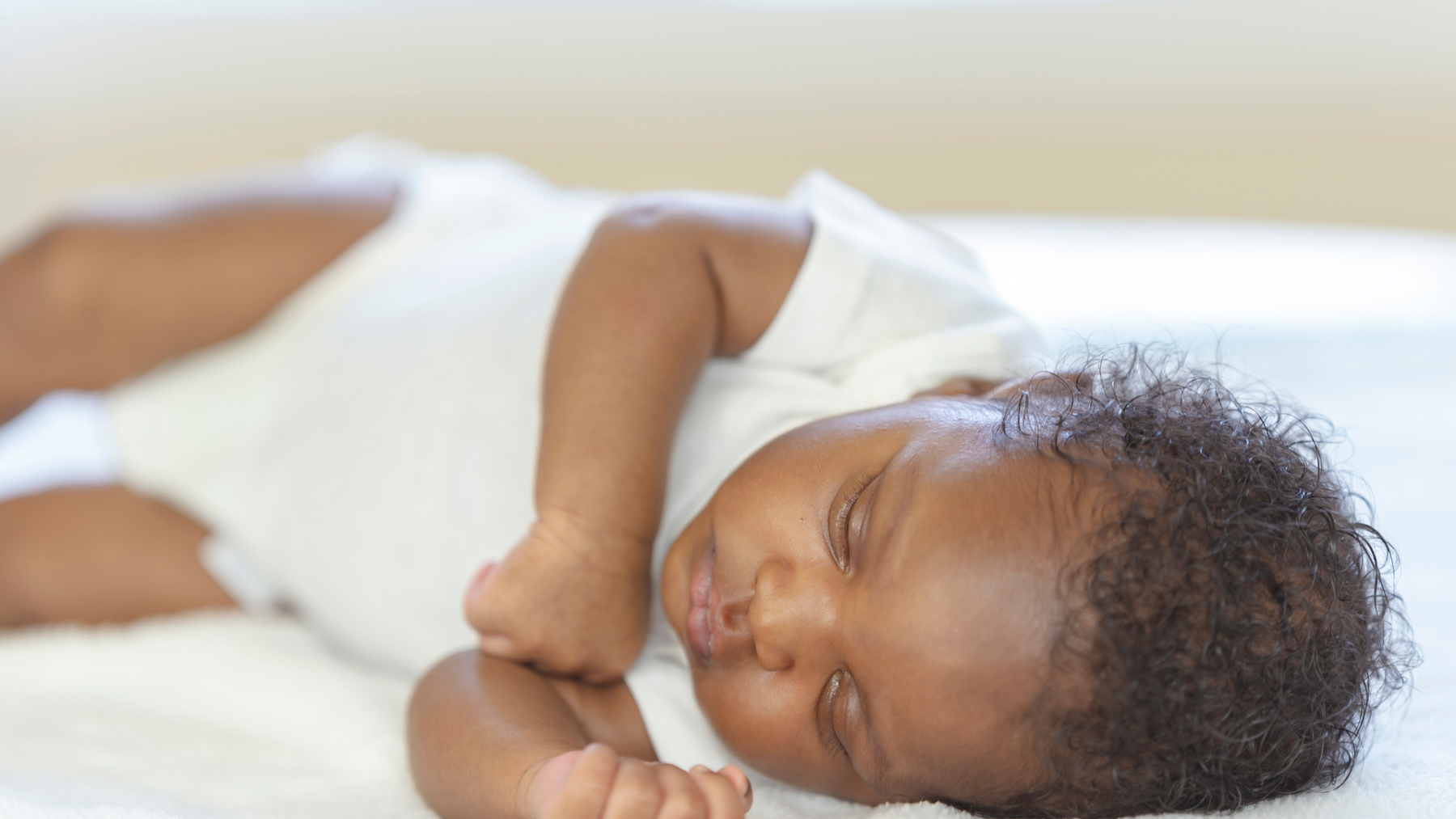
Is It Safe To Give Babies Melatonin For Sleep?
In the quest for a peaceful night's sleep, many parents seek solutions to help their babies rest better. One option that has gained attention is melatonin supplements. However, before considering this approach, it's essential to understand the potential risks and benefits associated with giving melatonin to babies.
What is Melatonin?
Melatonin is a hormone naturally produced by the pineal gland in the brain. It plays a crucial role in regulating the sleep-wake cycle, also known as the circadian rhythm. Melatonin levels typically rise in the evening, signaling to the body that it's time to sleep, and decrease in the morning, promoting wakefulness. In babies, melatonin production begins shortly after birth, but it takes time to develop a regular pattern.
Initially, a baby's melatonin production is not fully matured, and their circadian rhythm is not yet established. This means that newborns do not have a well-defined sleep-wake cycle, and their sleep patterns are often erratic, with frequent awakenings throughout the day and night.
As babies grow and their brains mature, their melatonin production gradually increases, and their circadian rhythm begins to develop. By around 3 to 6 months of age, most babies start to establish more regular sleep patterns, with longer periods of nighttime sleep and more consolidated naps during the day.
Safety Concerns of Using Melatonin Products in Babies
While melatonin supplements are widely available over the counter and are generally considered safe for short-term use in adults, the safety of melatonin use in babies is a topic of debate among healthcare professionals. One primary concern is the lack of research on the long-term effects of melatonin supplementation in infants. Other potential negative side effects of melatonin supplements for baby sleep include:
1) Developmental Concerns
It’s important to keep in mind that young babies are still learning how to sleep on a regular schedule. Babies undergo rapid growth and development, and introducing external hormones like melatonin supplementation could potentially interfere with this process. Some experts worry that altering the natural production of melatonin in infants may affect their overall development as well as interfere with the baby establishing their own natural sleep schedule.
2) Physical Side Effects
Some potential negative side effects of melatonin supplements for baby sleep include:
- Daytime drowsiness
- Changes in mood
- Digestive issues
- Suppression of natural melatonin production resulting in a dependance on the melatonin supplements
3) Unknown Side Effects
Another concern is the potential for unknown side effects, as infants may react differently to melatonin compared to older children and adults. Without sufficient research on the safety and efficacy of melatonin in babies, it's challenging to predict how their bodies will respond to supplementation.
Natural, Safe Sleep Remedies to Help Babies Sleep
Instead of turning to melatonin products to help your baby sleep, it's essential for parents to focus on establishing healthy sleep habits and routines for their baby. If parents are struggling to establish healthy sleep habits, they can also try natural, safe baby sleep remedies that don't contain melatonin. There are various alternative approaches to help babies sleep better:
- Establishing a consistent bedtime routine
- Creating a sleep-friendly environment
- Making sure baby's tummy is full before going to sleep
- Encouraging healthy sleep habits from an early age
- Natural sleep remedies for babies that don't contain melatonin
5 Safer Natural Products for Baby Sleep:
- DuDu Drops (0-12 Months) | Feelgood Health
- Sleep Drops | BabyNature
- Sleepy Sprinkles | Feelgood Health
- Good Dream Sprinkles | Feelgood Health
- Sleepy Baby Massage Oil | BabyNature
Conclusion
In conclusion, the safety of giving babies melatonin for sleep remains uncertain due to limited research and potential risks. While melatonin supplements may offer short-term relief for sleep disturbances in adults, parents should approach with caution. Ultimately, promoting healthy sleep habits through non-pharmacological means is the preferred approach for ensuring the well-being of babies.





Leave a comment